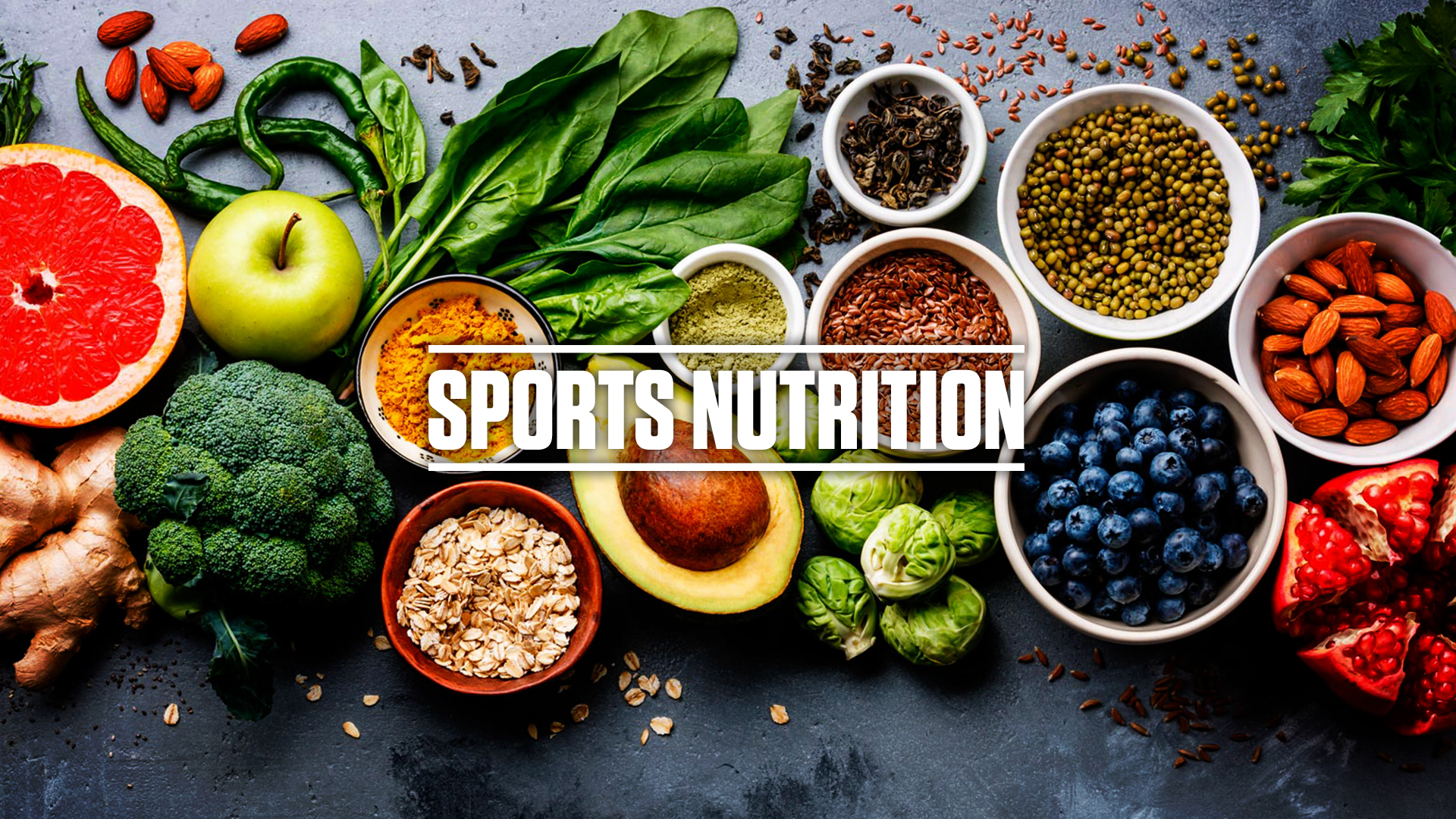Sports nutrition is the application of nutrition strategies and dietary practices to improve an athlete’s performance. These practices can help such individuals prepare and recover from training and competition. Besides nutrition, hydration, and supplemental nutrients are crucial in a well-rounded nutrition plan. While general nutrition also focuses on these aspects, sports nutrition differs in the amount of nutrients athletes require compared to non-athletes. When incorporated with other areas of athletic development, such as training, sports nutrition can positively impact an athlete’s performance.
Basic Guidelines
Regardless of the intensity you are training at, all researchers agree that consistently fulfilling your daily protein, carbohydrate, and fat requirements is key to maximizing the benefits of your training regime. Timing is another important factor, and the optimal timing of nutrients further helps maximize the benefits of your nutrition plan.

As a general rule, three basic principles govern the success of any sports nutrition plan.
- Fuelling: Consuming ample calories and healthy foods to enhance stamina and endurance.
- Hydration: Optimizing muscle performance while preventing dehydration and fatigue.
- Recovery: This stage aids in muscle recovery after training.
However, each of these parameters needs to be adjusted for individual requirements and according to the sport’s demands or goals.
For most high-intensity training or competition levels, it is important to consume various nutrient-dense foods from the five basic food groups: vegetables, fruits, grains, lean proteins, and low-fat or dairy alternatives. As a general rule of thumb, the foods you select to incorporate as a part of your sports nutrition plan must be minimally processed to maximize their nutritional value. It is also important to check added preservatives and cut out excess sodium. An occasional quick-fix processed food item will not cause much damage to your goals, but your diet must include macronutrients that align with your fitness or dietary goals.
Timing Is Everything
Just as a healthy mix of nutrients is vital, so is timing to ensure the success of a sports nutrition plan. Research reveals that timing your meals according to your training or competition schedule can potentially enhance muscle recovery and repair and improve muscle building while positively impacting your mood after high-intensity exercise. Nutrient timing was widely adopted recently, only about 15-20 years ago, and is best described as eating specific foods before, during, and after a workout.
It is recommended to consume approximately 20-40g of protein-rich meals every 3-4 days through the day to maximize muscle protein synthesis. Consuming protein within a 2-hour after a grueling training session is vital because protein synthesis is highest in this duration. After intense exercise, it is also important to replenish carbohydrates depleted during the session. The body is estimated to need about 30-60g of simple carbohydrates within 30 minutes of exercising.
Snacking Right
Another important aspect of a sports nutrition plan is ensuring a steady supply of energy throughout the day to meet the varying demands of training and endurance activities for athletes. Snacks can be crucial to supplement this demand, provided you plan your snacks well.
A number of healthy snack options can be included in your nutrition plan to help top up your energy without making you feel too full or sluggish. In this case, a good way to approach snacking would be to ensure your snack contains a good balance of macronutrients while being easy to make. A few healthy, hassle-free snacks include apple slices with nut butter of choice, hard-boiled eggs on toast, protein bars, a small salad with lean proteins like chicken, and a protein smoothie.
When eating before a workout, focus on low-fat options, as these are easily digested without making you feel too full or sluggish. Your post-exercise snack should include a healthy mix of proteins and carbs so that glycogen reserves in the body are replenished while also supporting muscle protein synthesis.


